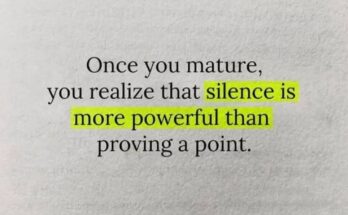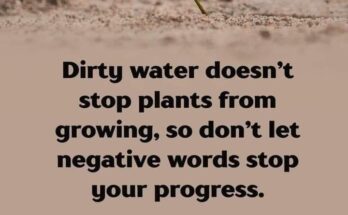Marcus Aurelius, the Roman emperor and Stoic philosopher, left behind a wealth of wisdom in his Meditations. One of his most profound insights states, “Most of what we say and do is not essential. If you can eliminate it, you’ll have more time, and more tranquility.” This simple yet powerful statement invites us to reflect on our daily lives, our actions, and our words. How much of what we do is truly necessary? How can we filter out distractions and focus on what truly matters? In this article, we’ll explore the meaning behind this quote and how to apply it in our lives for greater peace and fulfillment.
The Meaning Behind the Quote
Aurelius’ statement aligns with Stoic philosophy, which teaches that inner peace comes from controlling our reactions and focusing on what truly matters. The idea of eliminating the non-essential applies to many aspects of life, including speech, actions, work, relationships, and even thought patterns. In a world filled with distractions, information overload, and endless responsibilities, understanding this concept can be the key to reducing stress and finding tranquility.
Identifying the Non-Essential
To implement this wisdom, we must first identify what is non-essential in our lives. This could be:
- Unnecessary Conversations – Gossip, complaining, and mindless chatter often add no real value to our lives.
- Time-Wasting Activities – Excessive social media scrolling, binge-watching TV, or engaging in activities that don’t align with our values.
- Overcommitment – Saying “yes” to every request or obligation, leaving little time for personal growth and relaxation.
- Negative Thoughts – Worrying about things outside our control or engaging in self-criticism.
- Material Distractions – Accumulating possessions that we don’t need, which can clutter both our space and minds.
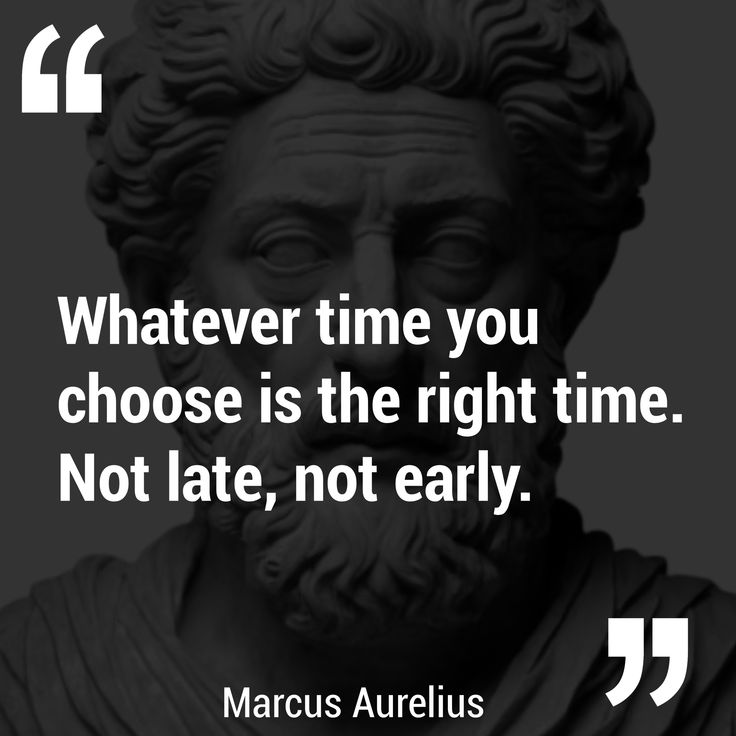
The Benefits of Eliminating the Non-Essential
Once we start eliminating what is unnecessary, we can experience significant benefits:
1. More Time
By cutting out distractions and unimportant tasks, we free up time for meaningful pursuits. This could mean more time for self-improvement, hobbies, loved ones, or simply rest.
2. Increased Productivity
Focusing only on what truly matters allows us to be more efficient in our work and personal projects. Productivity is not about doing more but about doing the right things effectively.
3. Greater Tranquility
Eliminating mental and physical clutter leads to a calmer state of mind. Without unnecessary worries or tasks, we can enjoy a greater sense of peace.
4. Improved Relationships
By prioritizing meaningful conversations and genuine interactions, our relationships become deeper and more fulfilling.
5. Clarity in Decision-Making
When we remove distractions, we gain better insight into what truly matters. This clarity helps us make better decisions in life and work.
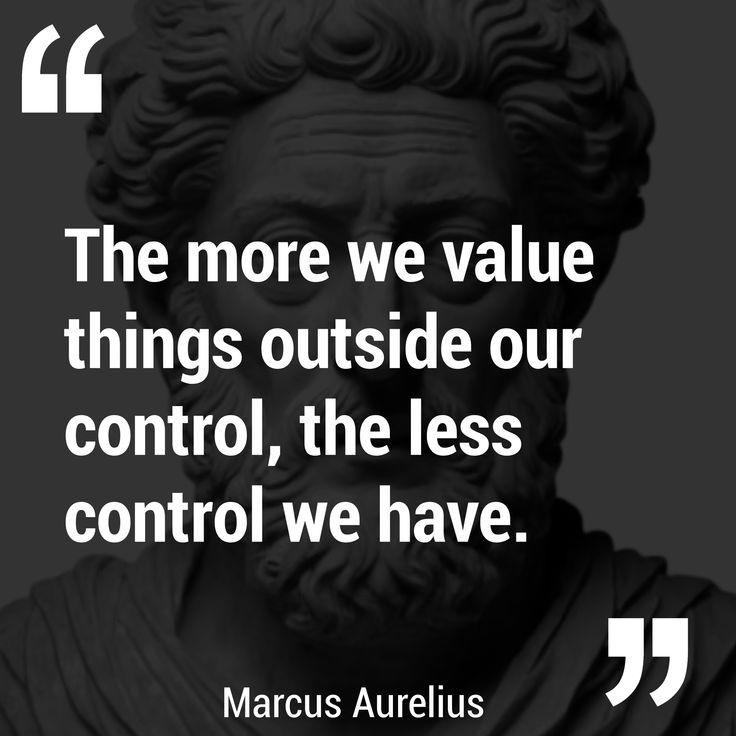
Practical Steps to Apply This Wisdom
Understanding the concept is one thing, but applying it requires conscious effort. Here are some practical steps:
1. Practice Mindful Communication
Before speaking, ask yourself: Is this necessary? Is it helpful? Avoid gossip, unnecessary arguments, or mindless chatter. Choose words that add value to conversations.
2. Declutter Your Schedule
Take a close look at your daily commitments. Are there activities or obligations that don’t serve a meaningful purpose? Learn to say no to unnecessary engagements and prioritize what truly matters.
3. Reduce Digital Distractions
Social media, email notifications, and endless online browsing can eat up valuable time. Set limits on screen time, unsubscribe from unnecessary emails, and take regular breaks from digital devices.
4. Simplify Your Possessions
Minimalism is closely tied to the idea of eliminating the non-essential. Assess your belongings and remove what you don’t use or need. A clutter-free environment contributes to a clearer mind.
5. Focus on Quality Over Quantity
Whether it’s work, relationships, or hobbies, prioritize quality over sheer volume. Engaging deeply in a few meaningful activities is far more rewarding than spreading yourself thin.
6. Develop a Reflective Practice
Journaling or meditating on your daily actions can help identify patterns of unnecessary behaviors. Regular reflection helps refine priorities and maintain focus on what truly matters.
7. Cultivate Gratitude
Being grateful for what we have reduces the desire for unnecessary additions to our lives. Gratitude shifts focus from what we lack to what we truly value.
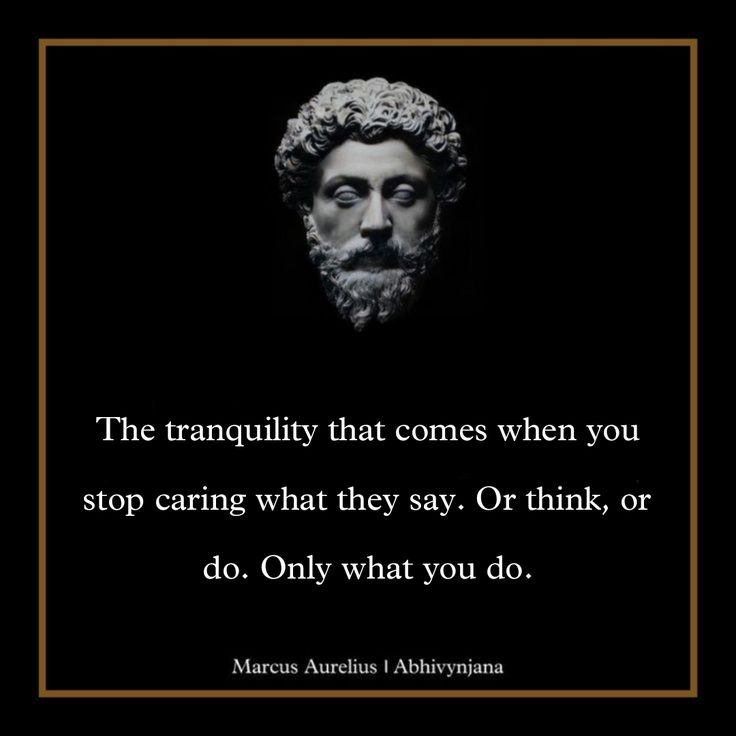
Real-Life Examples of Essentialism
Many successful people practice a version of this philosophy:
- Steve Jobs was known for wearing the same outfit daily to eliminate trivial decisions and focus on important work.
- Marie Kondo’s decluttering method, which involves keeping only what “sparks joy,” aligns with eliminating the non-essential.
- Warren Buffett attributes his success to saying “no” to most opportunities, focusing only on a few valuable investments.
The Challenge of Letting Go
Eliminating the non-essential isn’t always easy. We may feel obligated to maintain relationships, habits, or commitments that no longer serve us. Letting go requires courage and discipline, but the rewards—more time, clarity, and tranquility—make it worthwhile.
Conclusion
Marcus Aurelius’ wisdom is more relevant than ever in today’s fast-paced, distraction-filled world. By eliminating unnecessary words, actions, and possessions, we create space for what truly matters. The result? A life filled with more time, tranquility, and meaning. As you go about your day, ask yourself: Is this essential? If not, let it go and embrace the peace that follows.

